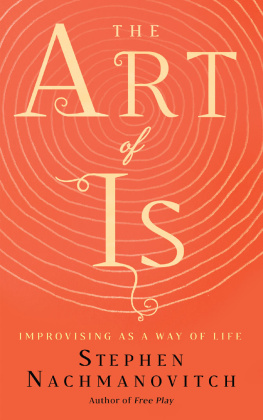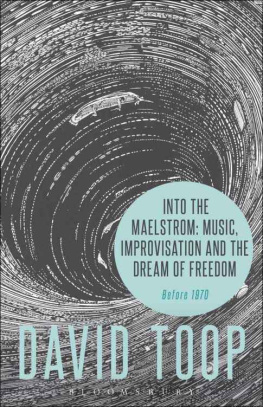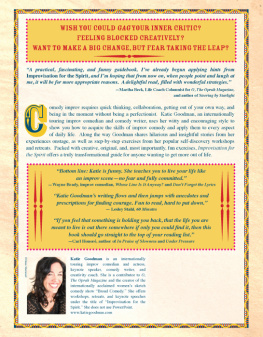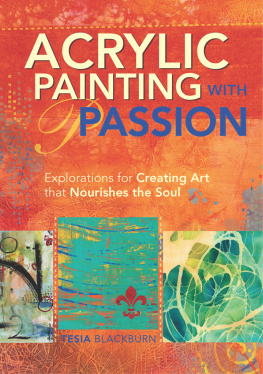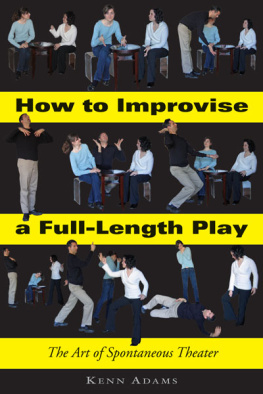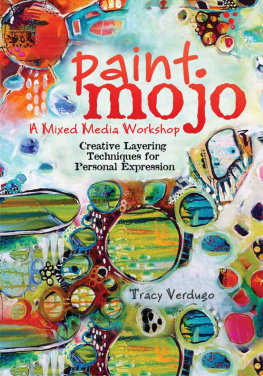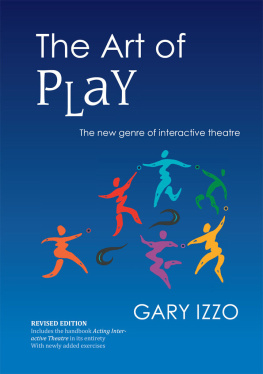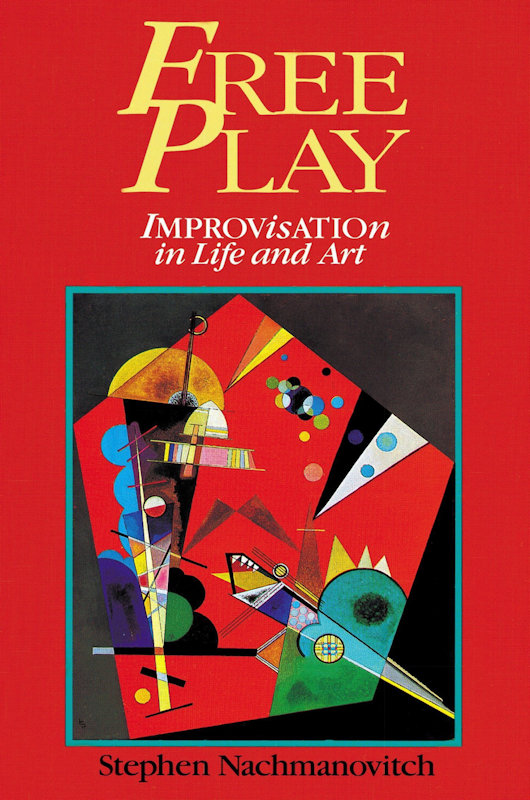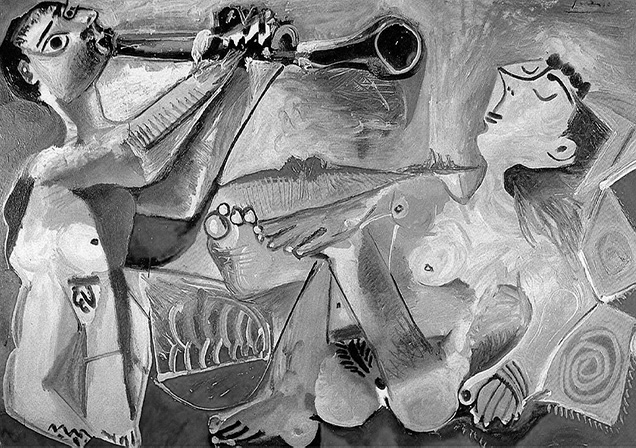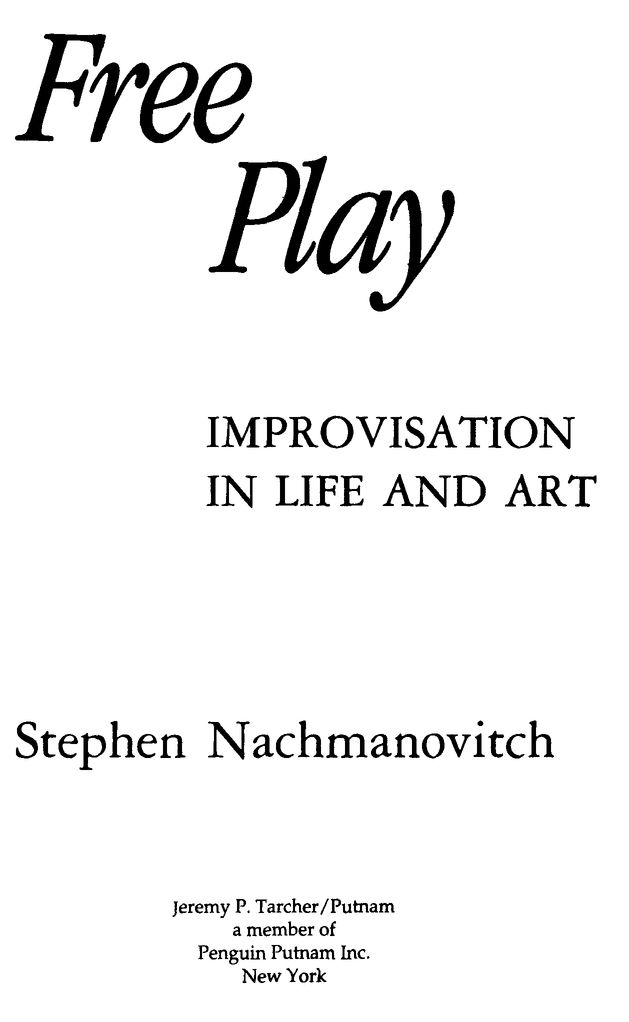Table of Contents
Most Tarcher/Putnam books are available at special quantity
discounts for bulk purchases for sales promotions, premiums,
fund-raising, and educational needs. Special books or book
excerpts also can be created to fit specific needs.
For details, write Putnam Special Markets
375 Hudson Street, New York, NY 10014
Jeremy P. Tarcher/Putnam
a member of
Penguin Putnam Inc.
375 Hudson Street
New York, NY 10014
www.penguinputnam.com
The author thanks the following for their permission to reprint from copyrighted works.
Constance Crown, for Hands by Rico Lebrun.
Walter Gruen, for Musica Solar by Remedios Varo.
Ben Berzinsky, for his photograph of a Carlo Bergonzi violin, c. 1770.
Grateful thanks to the late Arnold Fawcus of the Trianon Press, Paris, for permission to
photograph his magnificent William Blake books.
Artist Rights Society, Inc., for Two Children Drawing and Dawn Song by Pablo Picasso. ARS
N.Y./SPADEM.
Charles E. Tuttle Co., Tokyo, Japan, for Tomikichiro Tokurikis Riding the Bull Home.
North Point Press, for excerpt from Wendell Berrys essay, Poetry and Marriage.
For M. C. Eschers Encounter 1989 M. C. Escher Heirs/Cordon Art, Baarn, Holland.
Excerpts from Burnt Norton and Little Gidding in Four Quartets, 1943 by T. S. Eliot
and renewed 1971 by Esme Valerie Eliot, .
Excerpt from The Secret of the Golden Flower: A Chinese Book of Life. Introduction by Carl Jung,
translated and explained by Richard Wilhelm, .
Excerpt from A Room of Ones Own by Virginia Woolf, 1929 by Harcourt Brace Jovanovich,
Inc. and renewed 1957 by Leonard Woolf, .
Library of Congress Cataloging in Publication Data
Nachmanovitch, Stephen.
Free play; improvisation in life and art / Stephen Nachmanovitch
p. cm.
Includes bibliographical references.
ISBN: 9781440673085
1. Creation (Literary, artistic, etc.) 2. Improvisation (Music)
I. Title.
BH301.C84N-49303
153.35-dc2O CIP
Copyright 1990 by Stephen Nachmanovitch
http://us.penguingroup.com
Version_4
Paint as you like and die happy.
HENRY MILLER
Acknowledgments
The following are only a few of the many friends and colleagues whose support, criticism, ideas, and other contributions were vital to the creation of this book:
David Lebrun, Ron Fein, Abdul Aziz Said, Yehudi Menuhin, Ellen Dorland, Will McWhinney, Art Ellis, Ben Berzinsky, Jeremy Tarcher, Connie Zweig, Deena Metzger, Ruth Weisberg, Dianna Linden, Lolette Kuby, Linda Galijan, Sanjay Kumar, Jay Hoflman, Jim Bogan, Laura Kuhn, Elisabeth Des Marais.
My friend and teacher, Gregory Bateson, died three years before I began this work, but the power and warmth of his thought have influenced all of this in ways that are incalculable.
I am grateful to the Dorland Mountain Arts Colony, where the ideas here were conceived and sketched out in the composers cottage in 1983.
This book is dedicated, with love, to my parents.
Prologue: A New Flute
A god can do it. But will you tell me how a man can penetrate through the lyres strings?
RANIER MARIA RILKE
There is an old Sanskrit word, lila, which means play. Richer than our word, it means divine play, the play of creation, destruction, and re-creation, the folding and unfolding of the cosmos. Lla, free and deep, is both the delight and enjoyment of this moment, and the play of God. It also means love.
Lla may be the simplest thing there isspontaneous, childish, disarming. But as we grow and experience the complexities of life, it may also be the most difficult and hard-won achievement imaginable, and its coming to fruition is a kind of homecoming to our true selves.
I want to begin with a story. Transcribed from Japanese folk sources, it covers the whole sweep of the journey we will take in these pages. It gives us a taste of the attainment of free play, of the kind of creative breakthrough from which art and originality emerge. It is a tale of a young musicians journey from mere brilliance toward a more genuine artistry, one that emerges unimpeded from the very source of life:
A new flute was invented in China. A Japanese master musician discovered the subtle beauties of its tone and brought it back home, where he gave concerts all around the country. One evening he played with a community of musicians and music lovers who lived in a certain town. At the end of the concert, his name was called. He took out the new flute and played one piece. When he was finished, there was silence in the room for a long moment. Then the voice of the oldest man was heard from the back of the room: Like a god!
The next day, as this master was packing to leave, the musicians approached him and asked how long it would take a skilled player to learn the new flute. Years, he said. They asked if he would take a pupil, and he agreed. After he left, they decided among themselves to send a young man, a brilliantly talented flautist, sensitive to beauty, diligent and trustworthy. They gave him money for his living expenses and for the masters tuition, and sent him on his way to the capital, where the master lived.
The student arrived and was accepted by his teacher, who assigned him a single, simple tune. At first he received systematic instruction, but he easily mastered all the technical problems. Now he arrived for his daily lesson, sat down, and played his tuneand all the master could say was, Something lacking. The student exerted himself in every possible way; he practiced for endless hours; yet day after day, week after week, all the master said was, Something lacking. He begged the master to change the tune, but the master said no. The daily playing, the daily something lacking continued for months on end. The students hope of success and fear of failure became ever magnified, and he swung from agitation to despondency.
Finally the frustration became too much for him. One night he packed his bag and slinked out. He continued to live in the capital city for some time longer, until his money ran dry. He began drinking. Finally, impoverished, he drifted back to his own part of the country. Ashamed to show his face to his former colleagues, he found a hut far out in the countryside. He still possessed his flutes, still played, but found no new inspiration in music. Passing farmers heard him play and sent their children to him for beginners lessons. He lived this way for years.
One morning there was a knock at his door. It was the oldest past-master from his town, along with the youngest student. They told him that tonight they were going to have a concert, and they had all decided it would not take place without him. With some effort they overcame his feelings of fear and shame, and almost in a trance he picked up a flute and went with them. The concert began. As he waited behind the stage, no one intruded on his inner silence. Finally, at the end of the concert, his name was called. He stepped out onto the stage in his rags. He looked down at his hands, and realized that he had chosen the new flute.


